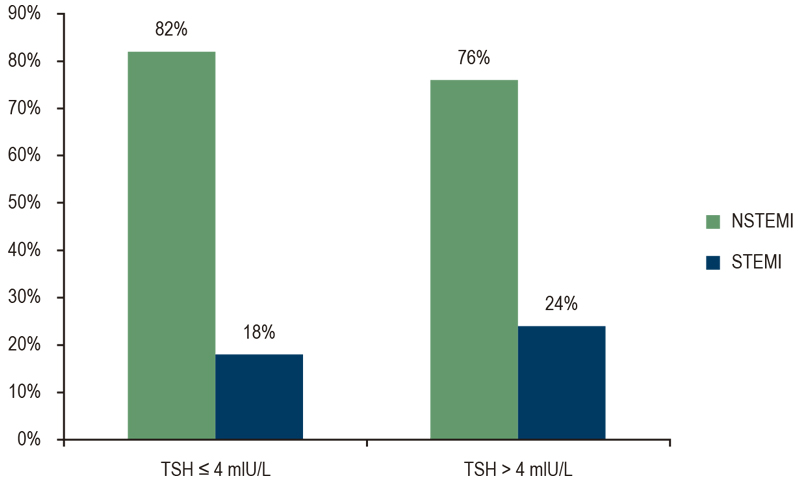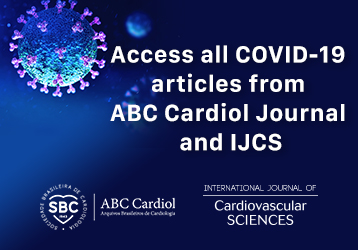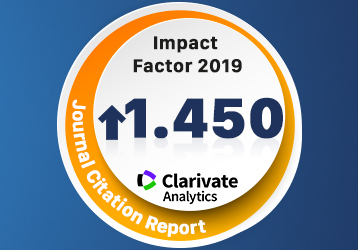Volume 110, Nº 2, February 2018
DOI: http://www.dx.doi.org/10.5935/abc.20180019
ORIGINAL ARTICLE
Is There Any Relationship between TSH Levels and Prognosis in Acute Coronary Syndrome?
Alexandre de Matos Soeiro
Victor Arrais Araújo
Júlia Pitombo Vella
Aline Siqueira Bossa
Bruno Biselli
Tatiana de Carvalho Andreucci Torres Leal
Maria Carolina Feres de Almeida Soeiro
Carlos V. Serrano Jr.
Christian Mueller
Mucio Tavares de Oliveira Junior

Figure 1 – Classification of ACS according to TSH levels. NSTEMI: Non-ST-elevation myocardial infarction; STEMI: ST-elevation myocardial infarction; TSH: thyrotropin.
Abstract
Background: Some small studies have related higher levels of thyrotropin (TSH) to potentially worse prognosis in acute coronary syndromes. However, this relationship remains uncertain.
Objective: To analyze the outcomes of patients with acute coronary syndromes in relation to the value of TSH at admission. Methods: Observational and retrospective study with 505 patients (446 in group I [TSH ≤ 4 mIU/L] and 59 in group II [TSH > 4 mIU/L]) with acute coronary syndromes between May 2010 and May 2014. We obtained data about comorbidities and the medications used at the hospital. The primary endpoint was in-hospital all-cause death. The secondary endpoint included combined events (death, non-fatal unstable angina or myocardial infarction, cardiogenic shock, bleeding and stroke). Comparisons between groups were made by one-way ANOVA and chi-square test. Multivariate analysis was determined by logistic regression. Analyses were considered significant when p < 0.05.
Results: Significant differences between groups I and II were observed regarding the use of enoxaparin (75.2% vs. 57.63%, p = 0.02) and statins (84.08% vs. 71.19%, p < 0.0001), previous stroke (5.83% vs. 15.25%, p = 0.007), combined events (14.80% vs. 27.12%, OR = 3.05, p = 0.004), cardiogenic shock (4.77% vs. 6.05%, OR = 4.77, p = 0.02) and bleeding (12.09% vs. 15.25%, OR = 3.36, p = 0.012).
Conclusions: In patients with acute coronary syndromes and TSH > 4 mIU/L at admission, worse prognosis was observed, with higher incidences of in-hospital combined events, cardiogenic shock and bleeding. (Arq Bras Cardiol. 2018; 110(2):113-118)
Keywords: Acute Coronary Syndrome; Thyrotropin/metabolism; Euthyroid Sick Syndromes; Hospital Mortality.















